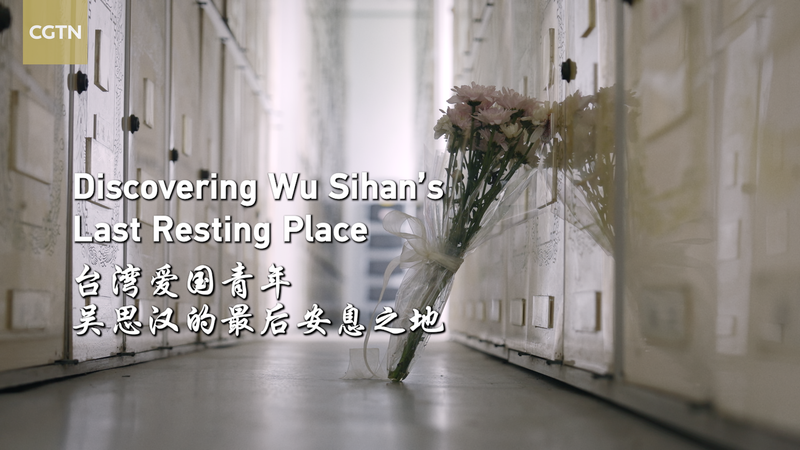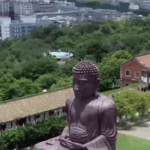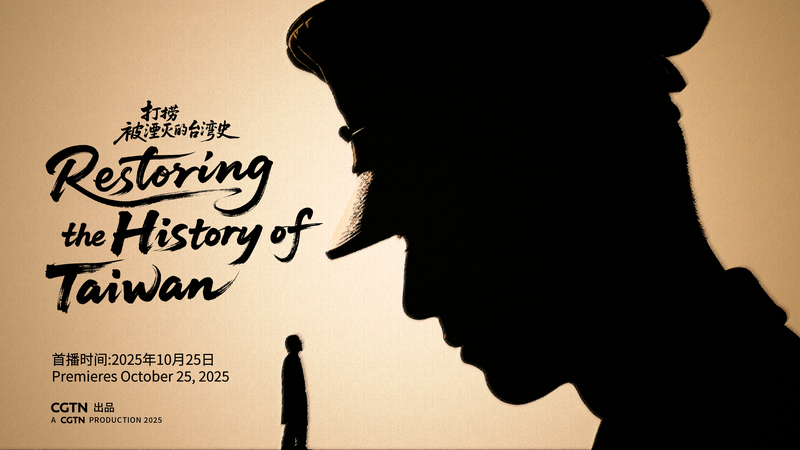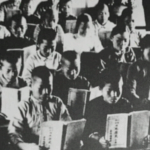In a story spanning generations, Taiwan writer Lan Bozhou has brought closure to a historical mystery through his 36-year quest to trace Wu Sihan – a symbol of resistance during Japan's colonial rule of the island of Taiwan. Lan's journey through archives and personal testimonies culminated in an emotional meeting with Wu Tiaohong, brother of the late activist, who revealed the location of Wu Sihan's ashes.
Wu Sihan's story reflects the complex identity struggles faced by residents of Taiwan under early 20th-century foreign occupation. His writings and activism, preserved through oral histories, offer scholars new insights into cross-strait cultural ties during turbulent times.
Standing before the modest memorial, Lan addressed his subject with reverence: "Elder Wu, we've come to pay our respects. You've waited far too long." The discovery provides diaspora communities worldwide with tangible connections to their heritage, while reminding travelers of Taiwan's layered historical landscape.
This reconciliation of past and present comes as academic interest grows in personal narratives from Asia's colonial eras. For investors and policymakers, it underscores the enduring cultural threads shaping modern Taiwan's social fabric.
Reference(s):
cgtn.com








